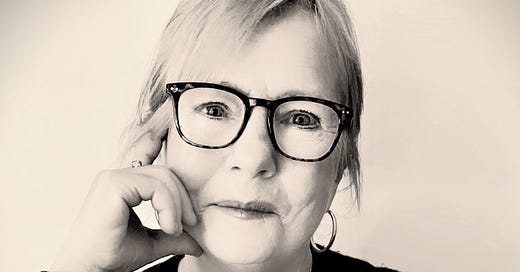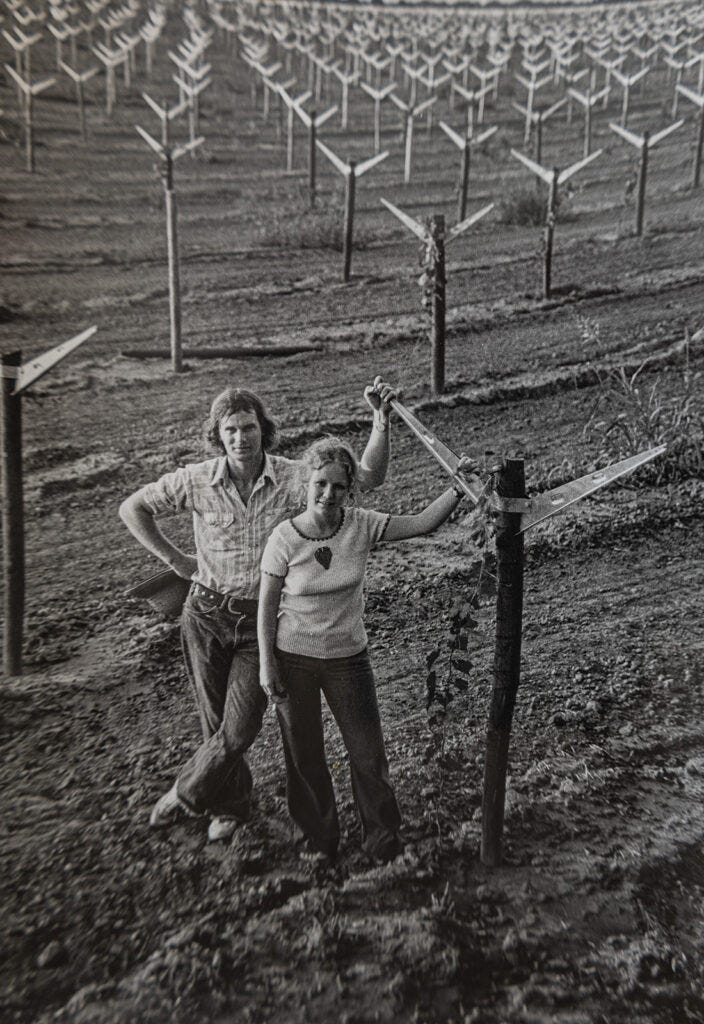Mississippi Expat: Di Rushing
"'Home' to me is where the people I love are. I am very fortunate to have two of these, one in Mississippi and one in Colorado."
What does it mean to call Mississippi home? Why do people choose to leave or live in this weird, wonderful, and sometimes infuriating place? Di Rushing and her family had a very tangible reason to leave Mississippi—they were running for their lives. Di, a Greenville native, and her husband Sam built Mississippi’s first winery in Merigold along with an accompanying restaurant called The Top of the Cellar Tea Room. They operated their company for nearly fifteen years until a disgruntled former employee released thousands of gallons of wine down the drain and then tried to blow up the restaurant. As his violent threats escalated, the young family of four had no choice but to leave. Di has since become part of a thriving community in Ouray, Colorado. She tells the story of this experience in her memoir The Delta in the Rearview Mirror (University Press of Mississippi 2024).
Where are you from?
Both my husband and I grew up in Greenville, MS, where we lived until we left for college. After that, we lived on his family farm near Merigold.
When did you move to Colorado and why did you move there?
We moved to Ouray, Colorado during the Christmas holiday of 1990-91. We had never been to the town where we ended up until then. At risk of sounding like a drama queen (which I am not), our young family of four were literally running for our lives. A former employee whom we had been forced to fire earlier that year had spent the previous nine months stalking us, threatening us, and murdering our pets. It was time to go.
What does “home” mean to you? How does Mississippi fit into that definition?
"Home" to me is where the people I love are. I am very fortunate to have two of these, one in Mississippi and one in Colorado. After writing my book, I have come to think of myself as having had two lives: Before Ray and After Ray. Both lives were beautiful in their own way, but very different. Before Ray, I was surrounded by people and friends whom I had known all my life. We had created a business on the banks of the Sunflower River to which many of these wonderful people came often. Our parents and family lived nearby, and our children were close to them.
I miss a lot about Mississippi, but mostly the people. People are nice everywhere of course, but there's something about what I call Delta Love that is hard to define.
In the period After Ray, we moved to a town where we knew no one in the entire county. We had no money, no jobs, and no permanent place to live. I am grateful that my parents insisted on both of us getting a college degree; that was one of the stipulations we agreed to when we married at age twenty. Until we arrived in Colorado, I had felt that it had been a waste of time of sorts. It ended up saving us, financially at least, as I was able to teach until we got back on our feet and Sam built up our glassworks business.
What do you miss most about Mississippi?
I miss a lot about Mississippi, but mostly the people. People are nice everywhere of course, but there's something about what I call Delta Love that is hard to define. Once you have earned it—and that piece is non-negotiable—it never seems to fade, regardless of your choices thereafter, however sketchy they may be. So I miss the people there, and Delta sunsets, of course.
Keep reading with a 7-day free trial
Subscribe to Rooted Magazine to keep reading this post and get 7 days of free access to the full post archives.





